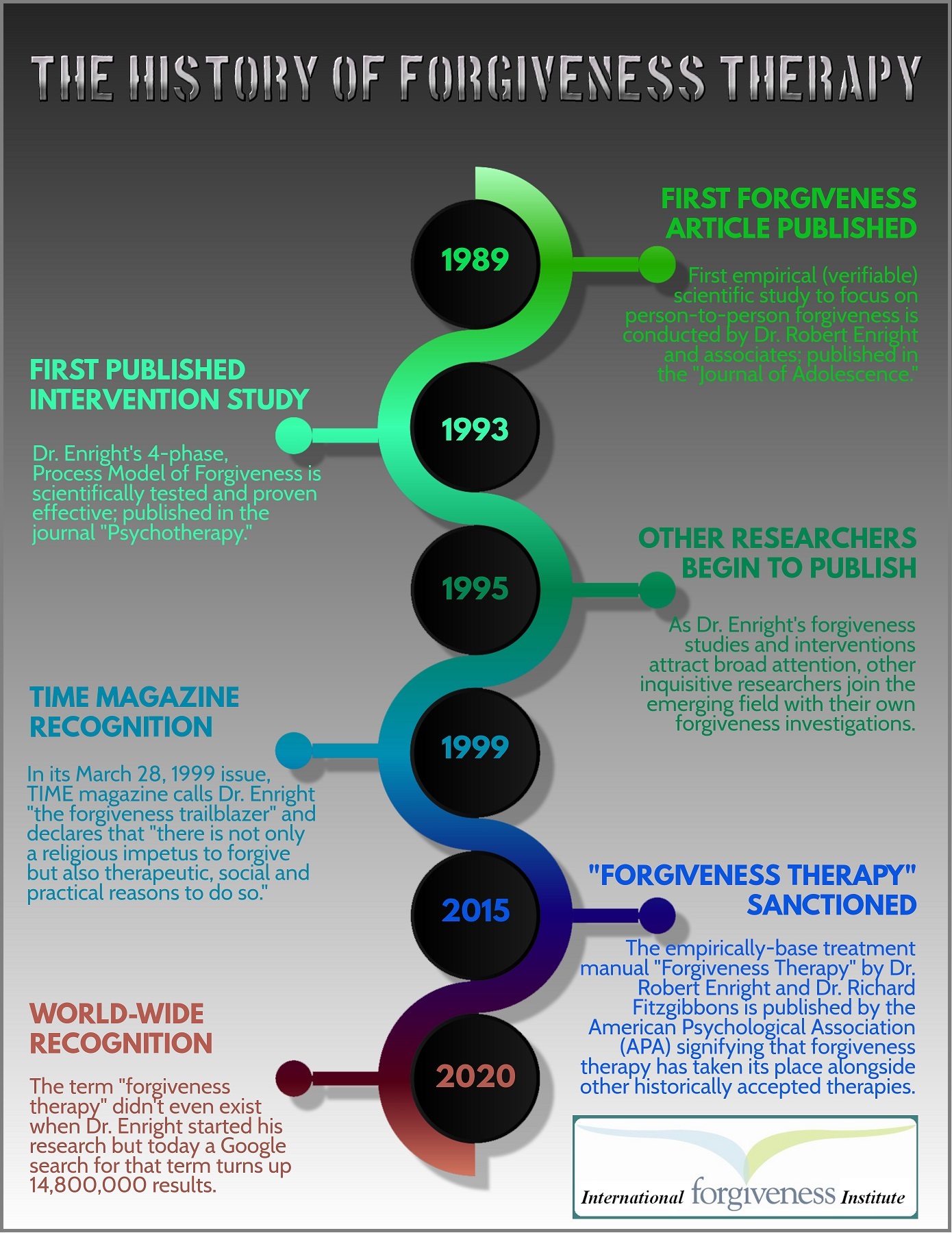Tagged: “Forgiveness books”
Forgiveness: “Groundbreaking Scientific Discovery”
A cutting-edge organization in California that sponsors groundbreaking scientific discoveries has launched a new service called Greater Good in Action and added forgiveness to its list of practices that can help you improve your social or emotional well-being or the well-being of others including your children.
 The Greater Good Science Center (GGSC) at the University of California, Berkeley, not only studies the psychology, sociology, and neuroscience of well-being but also “teaches skills that foster a happier life and a more compassionate society–the science of a meaningful life.”
The Greater Good Science Center (GGSC) at the University of California, Berkeley, not only studies the psychology, sociology, and neuroscience of well-being but also “teaches skills that foster a happier life and a more compassionate society–the science of a meaningful life.”
The Greater Good in Action initiative adds forgiveness to its list of established practices that include compassion, generosity, gratitude, honesty and others. It is a new addition to a service the organization began in July of 2017, called Raising Caring, Courageous Kids that is designed to help parents raise kids of high character who treat others with compassion and respect.
In its inaugural forgiveness practice called Introducing Kids to Forgiveness, Greater Good in Action cites the pioneering forgiveness work of psychologist Robert Enright, Ph.D., and psychiatrist Richard Fitzgibbons, M.D. (co-authors of Forgiveness Therapy, a manual providing instructions for clinicians who want to incorporate forgiveness interventions into their therapy with clients.
Referencing Dr. Enright’s years of hands-on experience teaching children about forgiveness (he has developed 17 Forgiveness Curriculum Guides for kids in pre-school through 12th grade that are being used in more than 30 countries around the world), Greater Good in Action links readers to a separate dissertation on Dr. Enright’s insights into how to help children and adolescents learn and practice forgiveness.
That work concludes that “a wide range of studies have found that forgiveness programs can help kids of different ages feel better, strengthen their relationships, and improve their academic performance.”
Because conflict is inevitable, teaching children about forgiveness early on
may indeed be a path toward building communities
of people who prize and cultivate peace.
Maryam Abdullah, Ph.D., Parenting Program Director at Greater Good
and a developmental psychologist with expertise in parent-child relationships.
The practices provided by Greater Good in Action are for anyone who wants to improve his or her social and emotional well-being, or the well-being of others, but doesn’t necessarily have the time or money to invest in a formal program. Through its free online magazine Greater Good, the GGSC provides articles, videos, exercises, quizzes, podcasts, workshops and more for parents and families to help them foster positive attributes like forgiveness in themselves and their children.
How Forgiving Are You?
When someone does you wrong, are you more likely to turn the other cheek or slash their tires? Take the Greater Good Forgiveness Quiz to find out.
Have you or your colleagues worked on forgiveness with people who have significant mental health challenges, such as major depressive disorder or bi-polar disorder?
Yes, my colleague, the psychiatrist Dr. Richard Fitzgibbons, has case studies of this kind in our book, Forgiveness Therapy, 2015. Not all people who show major depression or bi-polar disorder are excessively angry with other people, but Dr. Fitzgibbons does screen for this. When people with significant mental health challenges show unhealthy anger caused by unjust treatment from other people, then Forgiveness Therapy is warranted and shown to be effective in these case studies.
For additional information, see Forgiveness Research.
The late Lewis Smedes has this quotation that confuses me: “Forgiveness offers the best hope of creating a new fairness out of past unfairness.” I am confused because I realize that as we forgive, we might not get justice from the other person. I need help on this one.
I think that Dr. Smedes meant this: When we forgive, often times the injustice comes from someone with whom we have been in a relationship (a family member, a business colleague, for example). The fact that we have to forgive means that there was an injustice that could strain a relationship. As we forgive, we become open to receiving that other person back into our lives. This does not mean that we will receive an apology and a new, trusting relationship (because our forgiving does not automatically mean that the other will now be fair). Yet, forgiving does make us open to this possibility of the other accepting our forgiving and thus becoming more fair. I think the key to understanding Professor Smedes’ sentence is his word “hope.” As we forgive, we are open to the other’s changing. We wait in hope for that change.
For additional information, see Why would fairness be given to someone who has been constantly unfair to me over the years?
I still don’t get your point that when we forgive a person then we try to see them in a positive light. Why can’t we just be indifferent toward that person?
We need to think of forgiveness as a process that is imperfect. We often start with negative feelings toward a person who has been deeply unjust to us. This can change to the indifference which you suggest. Eventually, this can transform to a small amount of compassion and even develop into a sense of agape love, or a love that is in service to the other for that person’s own sake. From the perspective of Aristotelian philosophy, there is an essence or a perfect bottom-line to what forgiveness is in its ideal state. That essence, as I explain in my book, The Forgiving Life, is agape love toward the one who was hurtful. Defining the essence of forgiving as agape love does not mean that all who forgive reach this endpoint. Yet, it is important to know the endpoint so we know the ultimate goal toward which we are striving. Knowing this ideal endpoint is important as we practice any virtue, whether it is forgiveness or justice or courage or patience, as examples.
For additional information, see The Four Phases of Forgiveness.
The History of Forgiveness Therapy
The prominence of forgiveness and forgiveness therapy in the field of psychology over the past few decades has been well-documented in the scientific literature. Also well documented has been the pioneering and groundbreaking forgiveness work of Dr. Robert Enright within that movement. Here are pertinent milestones:



